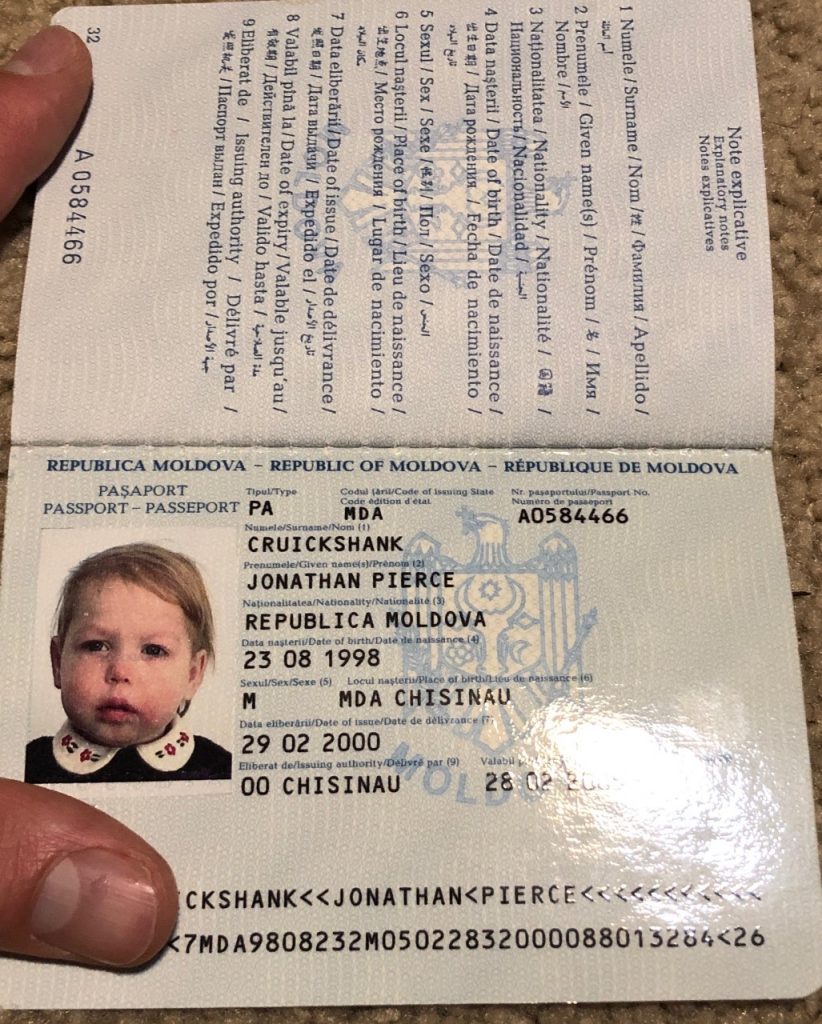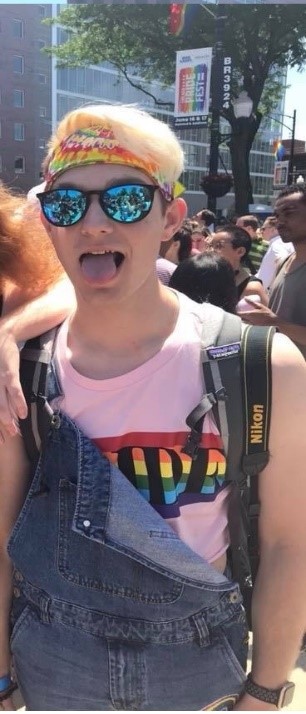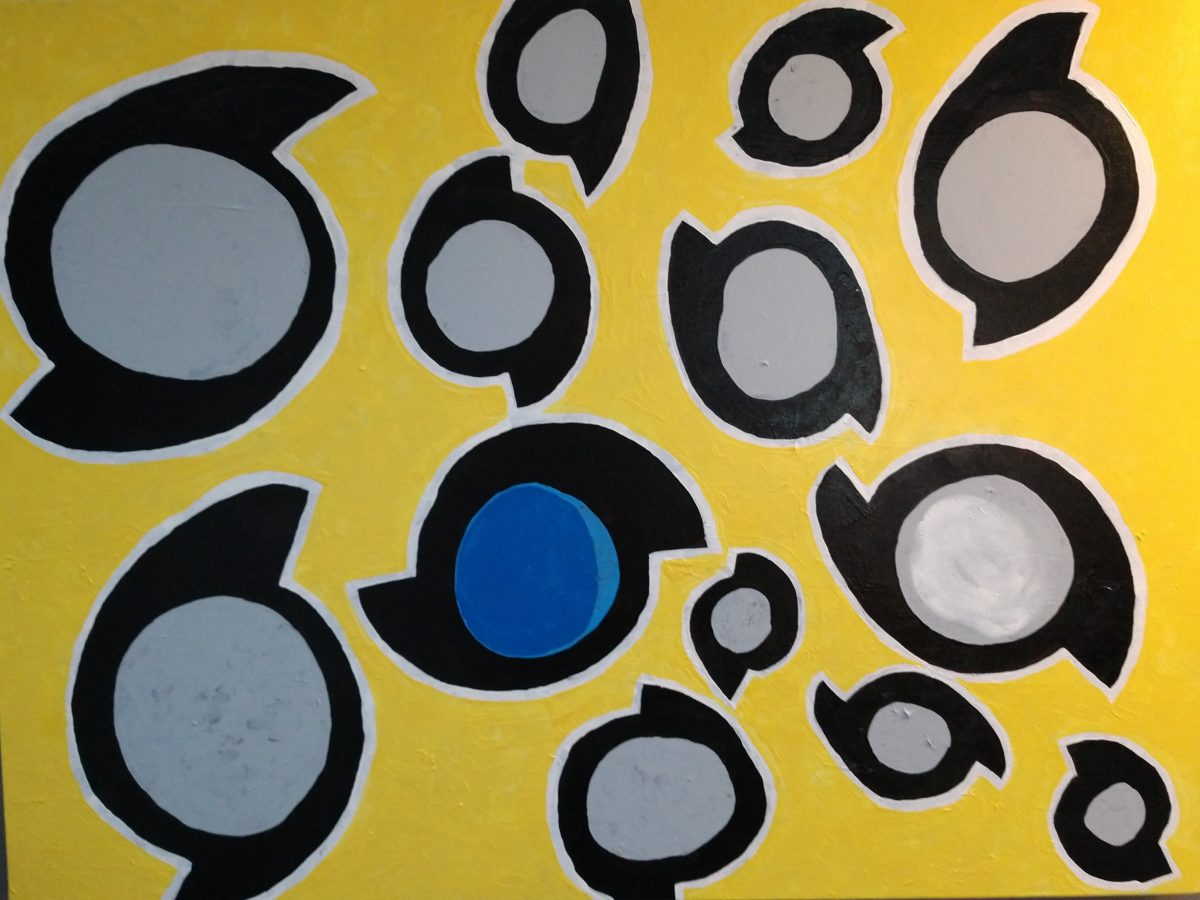We all know the golden rule, to treat people how you would want to be treated. Unfortunately, we all know a time where the golden rule was not taken into consideration. Some more than others. Le Nguyen, a Vietnamese young adult living in Kansas City has experienced many not so golden moments.
A young child entering school for the first time is scary. It is also the start of one of the most important things in life. It is the start of relationships, education, and learning the unwritten rules of life. As these things begin, judgments do as well. Children learn what they like and what they do not like. They learn that not everyone is as nice to them as mommy and daddy have been. As Le entered school for the first time as a young child he did not realize he was any different than anyone else until the judgements from others started to kick in. Growing up, Le has learned two languages, English and Vietnamese. As anyone can imagine learning two languages at the same time can be confusing for a young child. Le explained to me the start of learning he was not like everyone else. He expressed his biggest reality shock was him knowing two languages while everyone else just knew one.
“The main problem was me knowing two languages. There were times where people would ask me something in English and I would somehow respond in Vietnamese, my language. My friends at the time would be like ‘What?’ ‘What did he say?’ I thought that was embarrassing because I didn’t want them to not understand me” (02:49).

All rights reserved.
As time went on Le learned the hard way of how cruel some people can really be. In an ideal world, everyone would not look at race and look at a person’s personality instead. I met Le this spring semester at the University of Missouri- Kansas City in a marketing class. The short time I have known Le, I learned right away how much of a nice person he is and how genuine he is. It has been refreshing talking to Le every day, it is always a break from drama and stress. Hearing how other people treated him growing up made my heart hurt. It is really sad to live in a world where some people have no problem being so cruel to others for something they cannot change. When so many people start to treat you differently, it leads to thousands of insecurities to creep their way into your mind. Growing up full of insecurity is something no one should have to live with. Unfortunately, the world we live in is full of stereotypes. It is easy to feel like one has to live up to a certain standard. Being an Asian American in school has made those stereotypical comments and actions rise immensely for Le.
“So, that built up over time, it really made me super, super insecure about myself” (04:21).
For Le, it has always been a challenge to accept who he is. He shares how his insecurities really impact his daily life.
“I can barely get anything done because I am always so down on myself because I underestimate myself all the time. Just because of those insecurities of my traits and characteristics” (05:09).
A lesson we all have learned is that words hurt. We are always told “Well, that’s life!” It saddens me to think that we are taught at a young age that life is going to be hard and not fair at times and that is just how it is going to be, forever. No matter the situation, everyone knows the struggle of not being accepted and just wishing they were like someone else. It was not until around high school age Le found something positive out of being a an Asian American.
“My tolerance for people has changed. Now at this point I understand other people’s challenges more. I used just assume everyone is ignorant. But, as I see others struggling like I have, a small part of me I tends to be happy knowing I am not alone in my struggles” (11:55).
Even if the positive moments in life are not outstanding. It is important to acknowledge them and understand that you are not alone. Growing up so different than everyone else is hard enough as it is. In times of doubt, having someone who truly loves you and believes in you if essential. When insecurities and life’s battles take place, mental health is something that can easily get knocked down. Le shared how he has struggled with mental health. As he was seeking help, he has developed a bond with a teacher from high school and grown with his help.
“He has been with me through thick and thin. He has been with me through really, really, really tough times. When I felt super depressed. When I thought about suicide. Because my high school was super diverse, I saw that there was a bunch of other people like me who understood me, so I felt more accepted then. It felt good to be not alone” (13:04).
Even in life’s hardest time, it is important to remember that life gets better. From talking to Le, it has opened my eyes and made me realize that you never know what anyone else is going through. The people you would least expect to be insecure or have gone through struggles could be going through hell and just be good at hiding it. The world we live in is cruel and selfish. However, the way a person chooses to spend could change their perspective of the world to be beautiful. Struggles a person goes through in life does not define who that person is. But we could always use a reminder to follow the golden rule.










